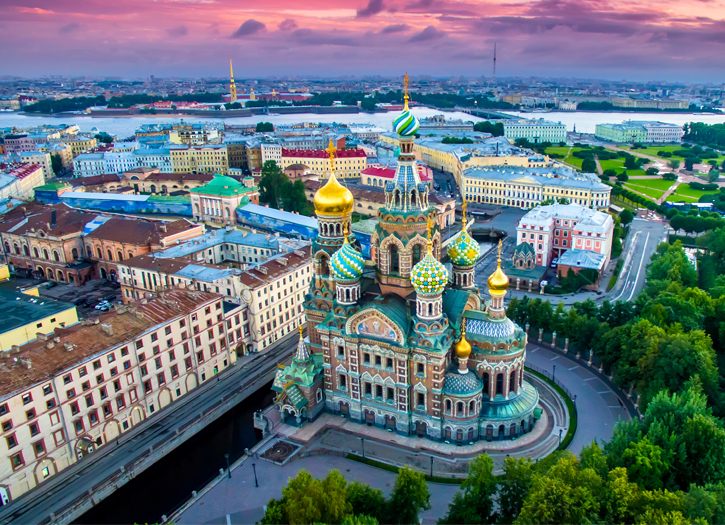The virus was confirmed to have spread to Russia on 31 January 2020, when two Chinese citizens in Tyumen (Siberia) and Chita (Russian Far East) tested positive for the virus, with both cases being contained. Early prevention measures included restricting the border with China and extensive testing. The infection spread from Italy on 2 March, leading to additional measures such as cancelling events, closing schools, theatres, and museums, as well as shutting the border.
As a transcontinental country, Russia currently has the highest number of confirmed cases in Europe, the second-highest in Asia after India, and the fourth-highest in the world after the United States, India, and Brazil. According to figures from the national coronavirus crisis centre, as of 25 September 2020, Russia has 1,136,048 confirmed cases, 934,146 recoveries, 20,056 deaths, and over 44.3 million tests performed. There were no other confirmed cases until 2 March when the first case in Moscow was confirmed. The patient was a young man who fell ill on 21 February while on holiday in Italy, and returned to Russia on 23 February.
On 25 March, President Putin announced that the 2020 Russian constitutional referendum would be postponed due to the epidemic. He said that the next week starting with 30 March, would be non-working nationwide and urged Russians to stay at home. Later, the non-working period was prolonged twice, lasting until 11 May. On 27 March, international flights were grounded after the government ordered the civil aviation authority to suspend all regular and charter flights to and from the country. On 30 March, similar orders or recommendations were announced in numerous other federal subjects, with many more announcing such restrictions over the next few days. The same day, the border was shut, with all border crossings closed.
On 1 September, Russia’s confirmed number of cases surpassed 1 million, becoming the fourth country to reach that mark. The director of the Gamaleya Centre said that a stage 3 test for its vaccine would begin in Moscow, consisting of 40,000 volunteers with clinics receiving the vaccine from 3–4 September. On 2 September, it was reported that the trade and industry minister, Denis Manturov, was vaccinated against the virus using the vaccine developed by the Gamaleya Centre. As of 28 April, the Ministry of Health approved the 6th version of the temporary methodological recommendations: prevention, diagnosis and treatment of the new coronavirus (COVID-19).
The government of Russia has initially responded to the pandemic with preventive measures to curb the spread of the coronavirus disease 2019, which involved imposing quarantines, carrying raids on potential virus carriers, and using facial recognition to impose quarantine measures. Measures to prevent a crisis in Russia include banning the export of medical masks, random checks on the Moscow Metro, and cancellation of large-scale events by schools.On 28 March, Chechen authorities urged the population of the republic to stay at their places of permanent residence, and banned entry to Grozny for anyone except emergency services, food supplies, government officials, police, and journalists. On the next day, Chechnya closed its borders, with a full lockdown coming into effect on 30 March.
On 5 March, the head of the Russian Association of Tour Operators said Russia’s tourism sector had already taken a 27 billion ruble hit from the impact of the coronavirus.As a result of the pandemic, factory output and transportation demand fell, bringing overall demand for oil down as well, and causing oil prices to fall. This triggered an OPEC summit in Vienna on 5 March. At the summit, OPEC agreed to cut oil production by an additional 1.5 million barrels per day through the second quarter of the year. On 6 March, Russia rejected the demand, marking the end of the partnership, with oil prices falling 10% after the announcement.
On 17 March, First Deputy Minister of Transport and Federal Air Transport Agency head Alexander Neradko said cancellation of international flights during the pandemic threatens to bankrupt multiple Russian airlines. Russian airlines lost an estimated 1.7 billion rubles due to the cancellation of flights to China in February. According to Neradko, airlines could lose 100 billion rubles in revenues by the end of the year.








Add Comment